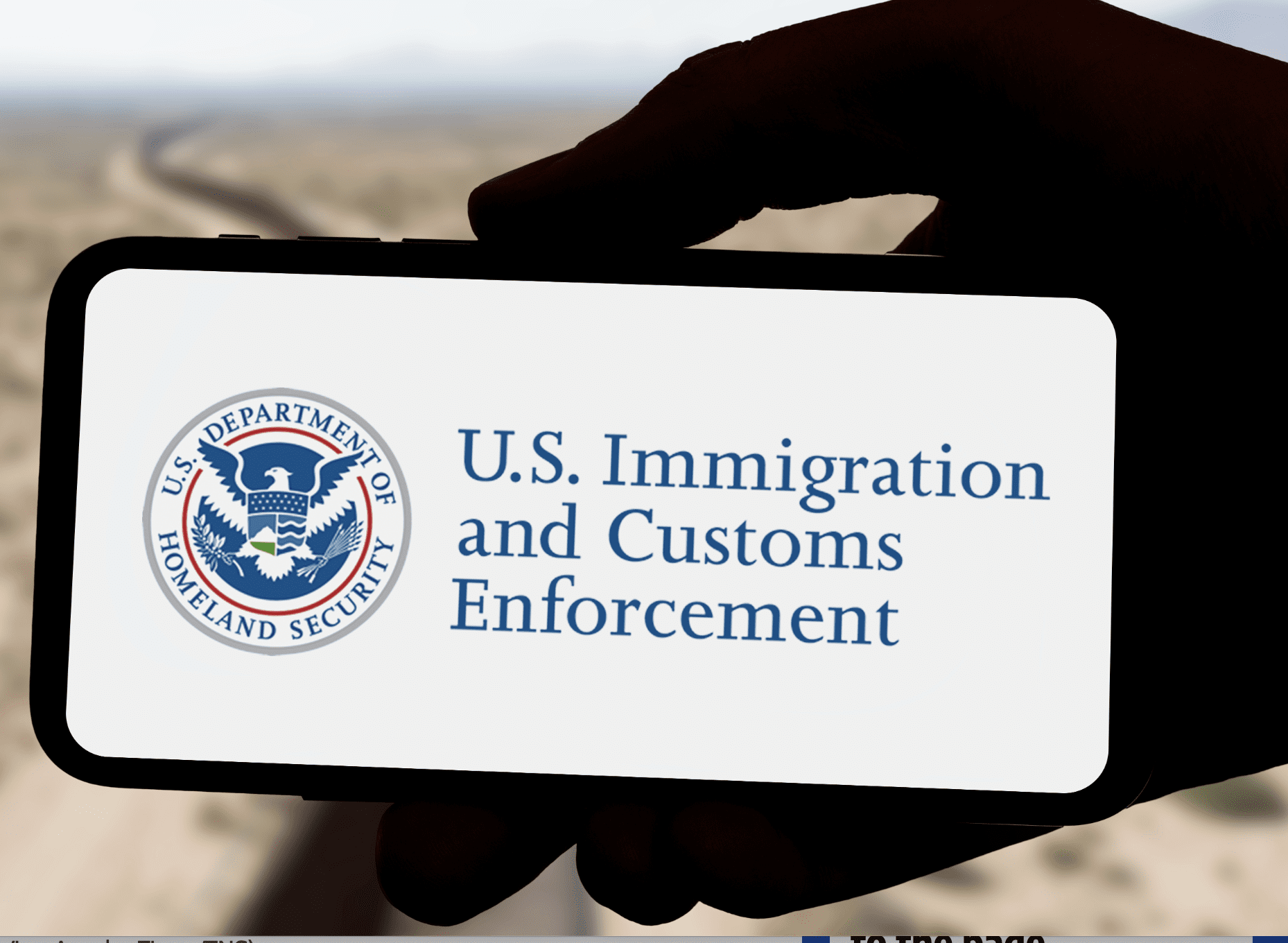By Liz Kudwa
Q: With all the attention that’s being paid to the candidates for the 2008 Presidential election, I started thinking about what role the Electoral College plays. Is there any information at the library that can help me thoroughly understand this process?
A: The question of the role of the Electoral College is a great one as its place in our election process is mysterious to many people. I struggled to find an explanation that really spelled out what the role of the electoral college is and eventually had to construct my answer using a variety of resources, including our state website (www.michigan.gov), the 2007 World Book Encyclopedia and the National Archives and Records Administration’s (NARA) website (www.archives.gov).
Often misunderstood today, the Electoral College was established early in our country’s history and continues to play an important role in the American political process. It is responsible for formally selecting the next president and vice president of the United States.
The Electoral College is comprised of 538 people, known as electors, chosen nationwide to meet in their home states and cast one vote per person for president and vice president. Michigan has 17 electors to reflect the number of senators and representatives it has in the U.S. Congress. Presidential candidates on the Michigan ballot submit a list of 17 qualified electors to the Secretary of State’s Office. The 17 electors whose candidate wins Michigan’s popular vote will participate in the Electoral College at the State Capitol in December.
Electors pledge to support the candidate they represent and in Michigan, state law says that they may not vote otherwise. Michigan voters can be assured that all 17 Michigan electoral votes automatically go to the presidential candidate winning the popular vote. Not all states have laws that bind electors to cast their vote for the popular candidate. There also is no Constitutional provision or Federal law that requires electors to vote in accordance with the popular vote in their state.
To be elected president, a candidate must receive at least 270 of the 538 electoral votes cast nationwide. If no candidate receives 270 votes, the final decision is made by the U.S. House of Representatives. Only two American presidents have been chosen by the U.S. House of Representatives because they lacked enough Electoral College votes. In 1800, Thomas Jefferson and, in 1824, John Quincy Adams both took office after the election was sent to the House of Representatives.
On the first Monday after the second Wednesday in December, the electors meet in their respective states. Federal law does not allow the states to choose an alternate date for the meeting of electors, it must be held on this particular date. The state legislature may designate where in the state the meeting will take place but it is usually held at the state capital. If the electors are unable to carry out their duties on the day of the Electoral College meeting, the laws of each state govern the method for filling vacancies. Any controversy concerning the appointment of electors must be decided under state law at least six days prior to their meeting.
Hopefully this provides you with a clearer picture of the role of the Electoral College. If you would like to do some more reading on the subject, these are just a few of the books we have at the Capital Area District Library.
o Securing Democracy: Why We Have An Electoral College, Edited By Gary L. Gregg
o America’s Electoral College: Choosing The President, Comparing And Analyzing Charts, Graphs, And Tables by Therese Shea
o Why The Electoral College Is Bad For America by George C. Edwards, III
o U.S. Election System, Edited By Paul Mccaffrey
Elizabeth Kudwa is the Head Librarian at the Leslie Library,
201 Pennsylvania Street, Leslie, MI. Contact her at 517-589-9400 or by e-mail at
kudwae@cadl.org.



